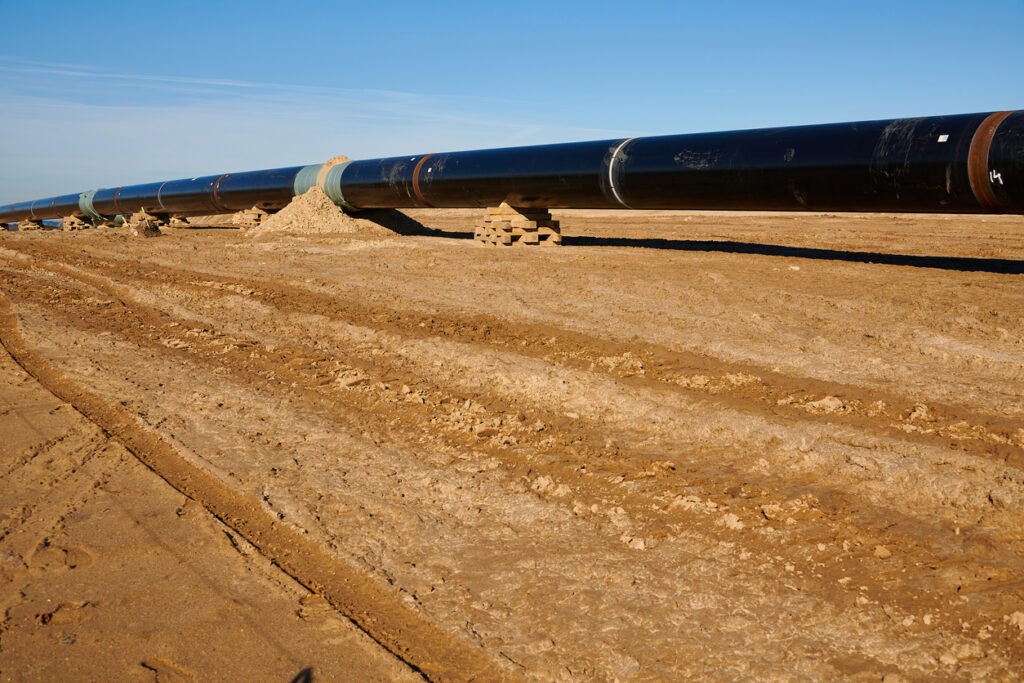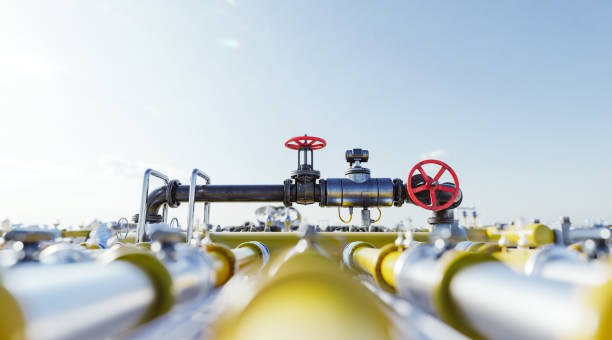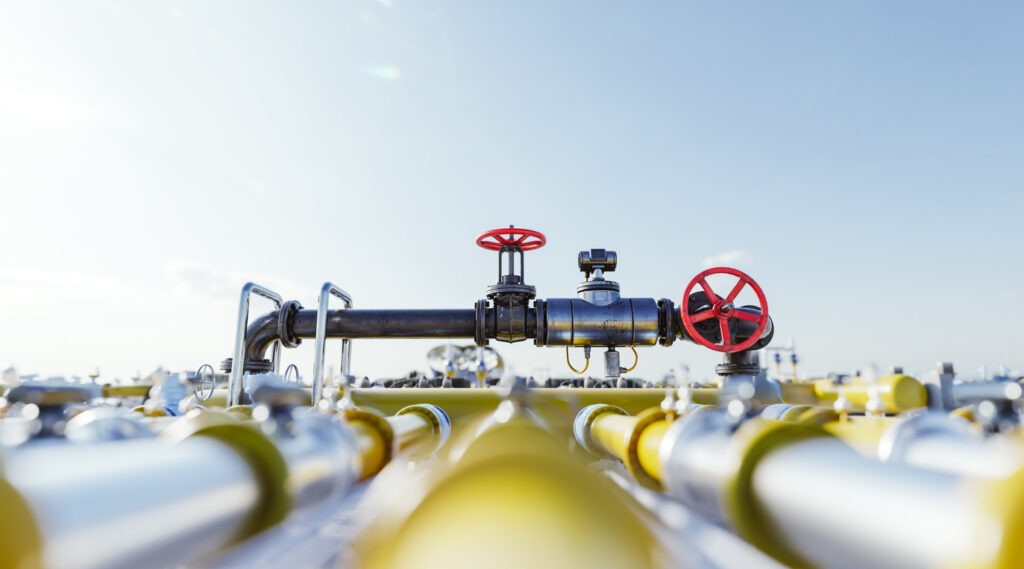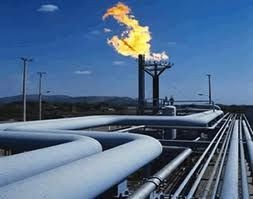First Kilometers of TAPI Gas Pipeline Completed in Afghanistan
The first three kilometers of the Turkmenistan-Afghanistan-Pakistan-India (TAPI) gas pipeline have been successfully laid in Afghanistan, according to Mohammed Murad Amanov, the executive director of TAPI Pipeline Company Ltd. Amanov stated that the construction is progressing rapidly, raising hopes for the timely completion of the project. Deputy Governor of Herat Province, Nakibullah Ayub, visited the construction site and confirmed that local authorities are fully prepared to support the project's swift advancement. So far, 3.4 kilometers of the pipeline route in Afghanistan have been prepared, aligning with the established schedule. The Afghan section of the TAPI pipeline, which spans 821 kilometers, officially began construction in September 2024. To date, technical surveys have been completed on 153 kilometers of the route, and the initial three kilometers of pipeline were laid within four months. TAPI is a landmark regional energy project that aims to transport natural gas from Turkmenistan’s Galkynysh gas fields to consumers in Pakistan and India, passing through Afghanistan. The project is expected to enhance economic stability in the region and attract significant foreign investment. Economic experts have highlighted the strategic importance of the TAPI pipeline for Afghanistan. Analyst Mohammad Asif Stanekzai remarked that the project could boost Afghanistan’s economic credibility and pave the way for increased foreign capital inflows. Additionally, Afghanistan is projected to earn approximately $400 million annually in transit fees. Last week, Afghanistan’s Acting Minister of Mines and Petroleum, Hidayatullah Badri, held discussions in Kabul with Mohammed Murad Amanov about the progress of the TAPI pipeline and strategies to expedite the remaining work.






